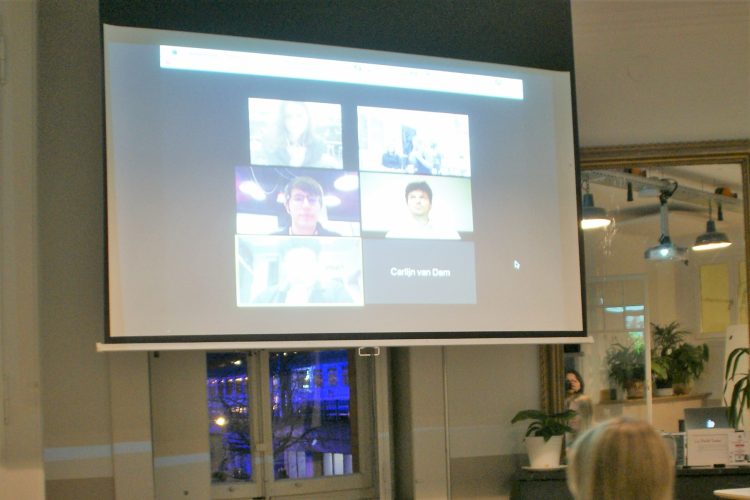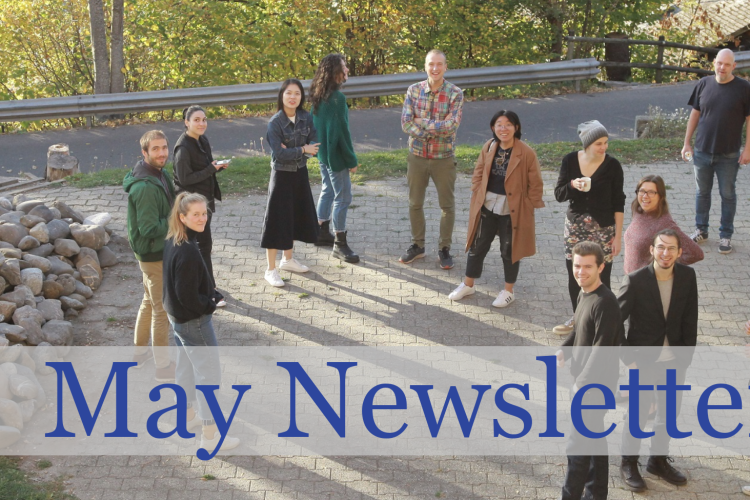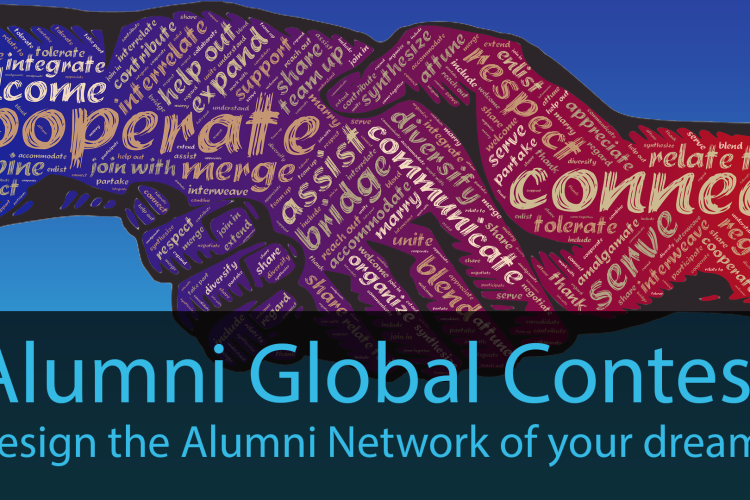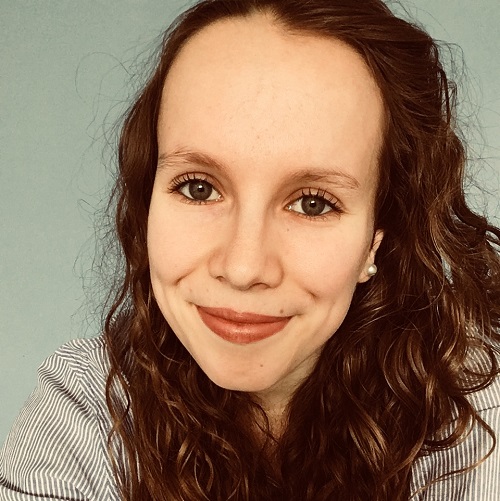A deep reflection on management for a sustainable future is critical as a new generation is entering a turbulent world of work with an ever-increasing need for sustainability-oriented decision-makers....
The May edition of our newsletter is here. Learn about our global alumni contest, meet people who are working on the FutureLab 2019, get to know our exceptional member...
oikos LEAP Meeting 2019 will take place in Leysin, Switzerland between 25th and 31st of October. More information will be available soon.
oikos Tbilisi is hosting a student conference on sustainable development, its accompanying challenges and opportunities on June 22. For more information in Georgian, please click here.
oikos Witter/Herdecke is taking lead on organizing a series of events as part of sustainability week at their university. This year’s theme is “Change of values: individual, work, society”....
We invite you to ChangEDucation: 6th annual WU Sustainable Transformation Day, which will take place on May 14 (10:00-17:00), at WU’s Learning Center. Come join us and bring a...
What is the Alumni Global Contest? It’s a global, inclusive and collaborative contest where every member of our community can participate and create a vision of the alumni network....
The oikos FutureLab 2019 will take place in Geneva, Switzerland on 1st and 2nd November. This year we focus on how to “Act Together for Sustainability”. About FutureLab The...
Take 30 seconds to meet Paula Heeß, an amazing oikee from oikos Bayreuth, Germany. For over two years now, she has contributed to the work of our organization at...





